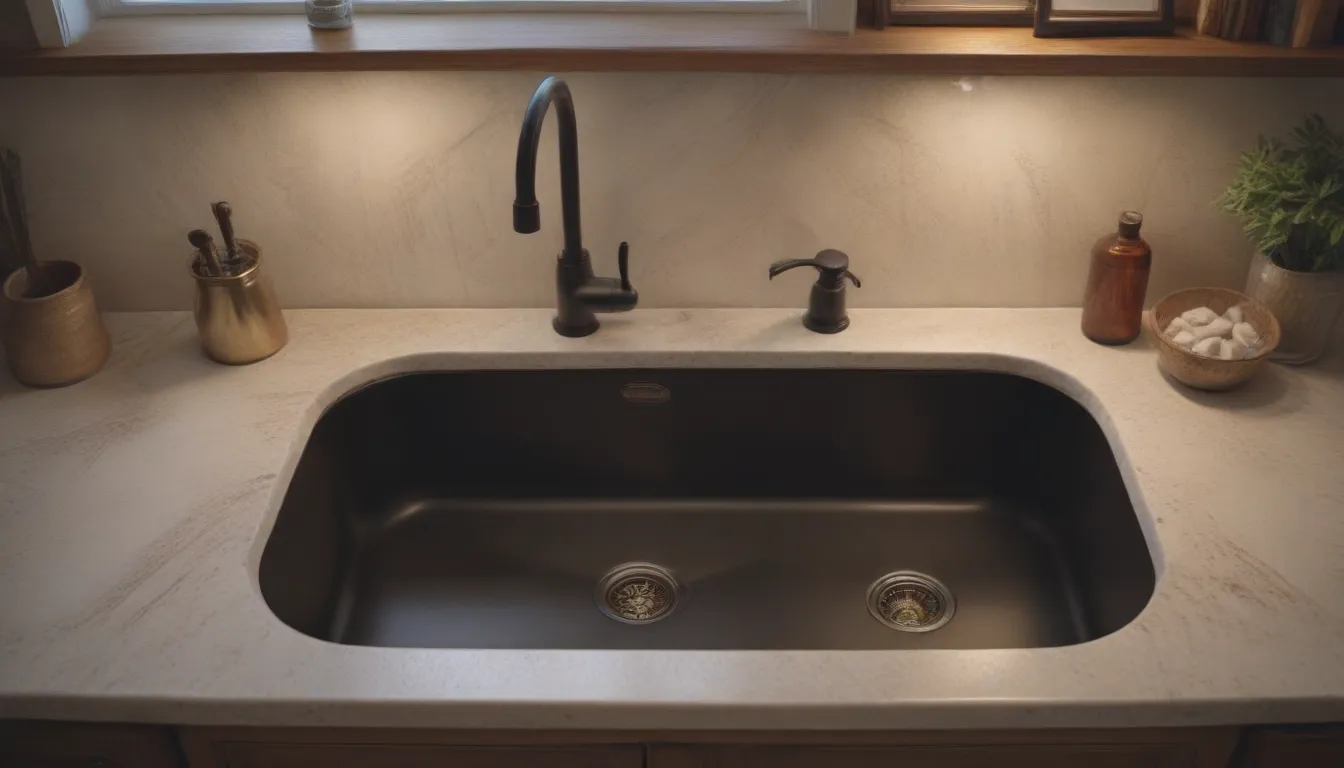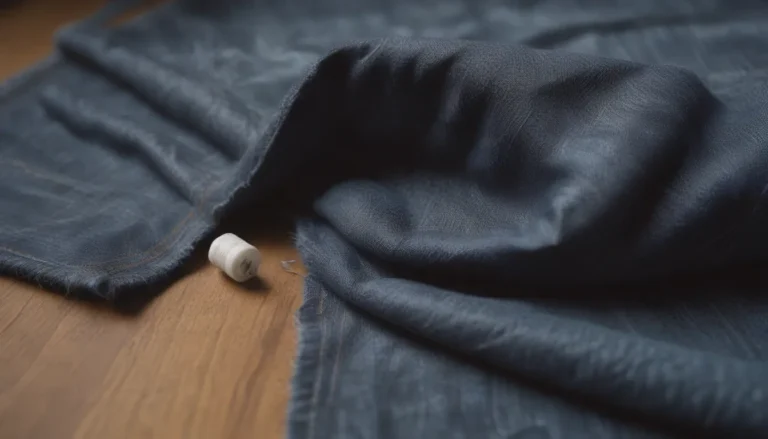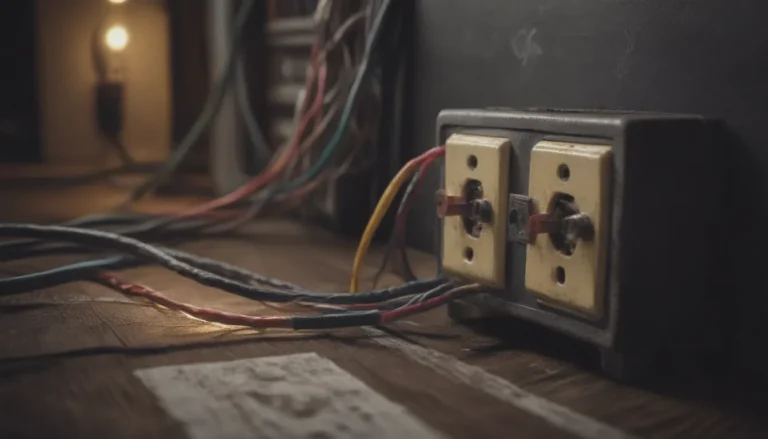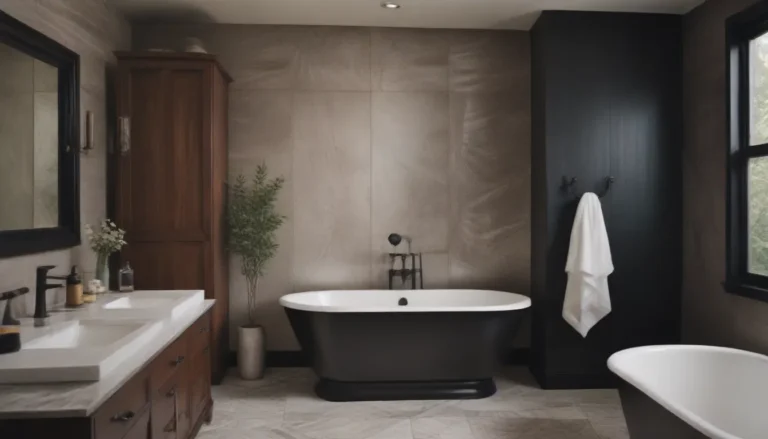Your Ultimate Guide to Choosing the Best Material for Your Kitchen Sink

The kitchen sink is the heart of the kitchen, where food preparation, cleaning, and daily home maintenance all take place. It’s a versatile space that serves many purposes, from washing dishes to defrosting meat. With such a crucial role in the household, it’s essential to choose the right material for your kitchen sink. There are a variety of options available, each with its own unique benefits and drawbacks. In this comprehensive guide, we will explore the 13 best materials for kitchen sinks to help you make an informed decision for your home.
Stainless Steel
Best for: Affordability, durability, and low maintenance
Stainless steel is the most common and popular choice for kitchen sinks. It is known for its water resistance, durability, and scratch resistance, making it a practical option for any kitchen. While stainless steel is easy to clean and heat-resistant, it can be noisy when dishes are dropped into the sink. Water spots are also a common issue, but overall, stainless steel is a top choice for its versatility and aesthetic appeal.
Copper
Best for: Antimicrobial properties and an attractive finish
Copper may not be the first material that comes to mind for kitchen sinks, but it offers unique benefits. Copper sinks have antimicrobial properties and a distinctive appearance that can elevate the look of your kitchen. However, they are more vulnerable to scratches and dents, making them less suitable for high-traffic households with small children.
Enameled Cast Iron
Best for: Stain resistance, durability, and traditional style
Enameled cast iron is a durable option for kitchen sinks, resistant to stains and corrosion. The non-porous enameled coating protects the cast iron base, though it can be prone to chipping or scratching. Careful handling and mild cleaners are essential to maintain the integrity of the sink.
Fireclay
Best for: High durability, easy maintenance, and long lifespan
Fireclay sinks are highly durable and long-lasting, resistant to stains, scratches, and dents. While they may require professional installation and a reinforced countertop, fireclay sinks are a worthwhile investment for their quality and longevity.
Enameled Steel
Best for: Affordability and stain resistance
Enameled steel offers a cost-effective alternative to enameled cast iron, with similar stain-resistant qualities. However, it is more susceptible to damage from heavy or sharp objects, requiring gentle cleaning to prevent rust and corrosion.
Solid Surface Acrylic Resin
Best for: Affordability, lightweight installation, and customization
Solid surface sinks made from acrylic resin are affordable and customizable, though they are sensitive to heat and scratches. They may have a shorter lifespan compared to other materials but offer a versatile and stylish option for your kitchen.
Quartz Composite
Best for: High durability, heat resistance, and sound dampening
Quartz composite sinks are a durable and heat-resistant option, made from a blend of natural stone and acrylic resin. They are resistant to chips, scratches, and stains, with sound-dampening properties that reduce noise in the kitchen.
Granite Composite
Best for: Low maintenance, heat resistance, scratch resistance, and stain resistance
Granite composite sinks combine natural granite with acrylic resin to create a resilient and long-lasting material. They are resistant to scratches, chips, and stains, though care must be taken to prevent breakage of delicate items when dropped into the sink.
Brass
Best for: Attractive finish and antimicrobial properties
Brass sinks offer a unique and stylish finish with antimicrobial properties, though they require gentle cleaning to maintain their appearance. They are less durable than other materials and may develop a patina over time.
Acrylic
Best for: Affordability, low maintenance, and versatile style
Acrylic sinks are low maintenance and versatile, though they are prone to scratches and damage from hot items. They offer a budget-friendly option for a range of sink styles.
Vitreous China
Best for: Minimalist design, low maintenance, and stain resistance
Vitreous china sinks are durable and easy to clean, with a minimalist design that suits modern kitchens. The nonporous enamel layer enhances resistance to scratches, chips, and stains.
Porcelain
Best for: Easy to clean, low maintenance, and traditional design
Porcelain sinks offer a traditional appeal with easy maintenance and moderate resistance to stains, heat, and scratches. They are an affordable option for a classic look in your kitchen.
Stone
Best for: Heat resistance, long lifespan, and high durability
Natural stone sinks, such as marble or granite, are a luxurious option with high durability and resistance to scratches, heat, and stains. They require sealing to prevent absorption of liquids and may require reinforcement of cabinets and countertops to support their weight.
Conclusion
Choosing the right material for your kitchen sink involves considering factors such as personal preference, durability, maintenance, cost, and design. Each material offers unique benefits and drawbacks, so it’s essential to weigh these factors before making a decision. Whether you prefer the affordability of stainless steel or the luxury of natural stone, there is a material that will suit your needs and enhance the functionality and aesthetics of your kitchen. Take your time to explore the options available and select the best material for your home.





